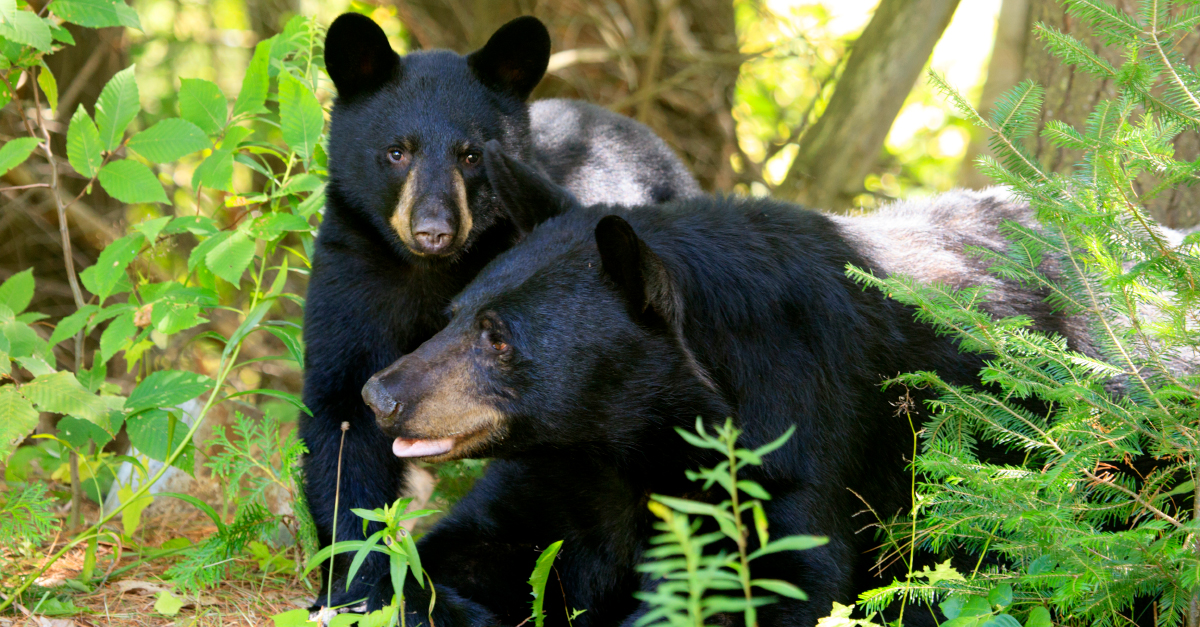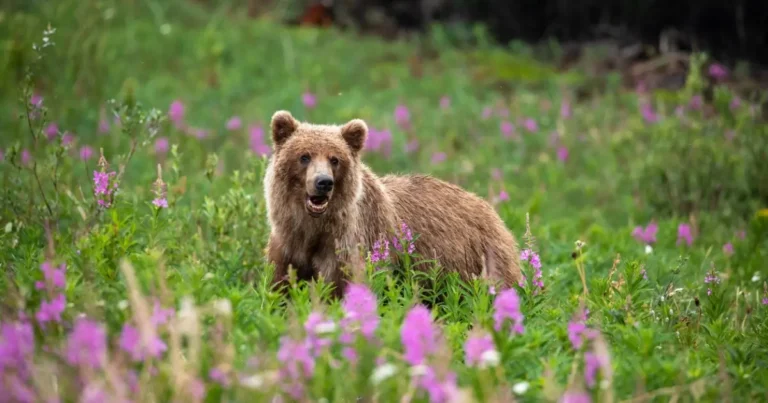
We know that bears will investigate outdoor garbage, bird feeders, and other potential food sources or attractants. We know that if a bear learns an easy meal can be found by tipping over or pulling the lid off a garbage can, they’re going to keep going back to them. And we know that underfunded and resource-stretched Conservation Officers and police services will frequently kill bears they consider food conditioned or habituated. So, what are we going to do about it?
An article in the North Shore News indicates that at least one Conservation Officer is frustrated with the current state of affairs.
“Conservation officers have issued more $230-fines for failing to manage bear attractants on the North Shore than in any other area of the province, but [Conservation Officer Simon] Gravel said, it’s not the COs’ job to be the ‘garbage police,’” wrote Brent Richter for the North Shore News. He added that Gravel is noticing a lot of local groups trying to educate residents, but “it takes just one sloppy neighbour to ruin it for a bear, which often results in it being killed.”
That is one of the keys: identifying that $230 fines are being issued for failing to manage bear attractants, and that, despite the very clear education and implications of being ‘bear wise’ in British Columbia, people are continuing to be irresponsible. To us at The Fur-Bearers, that means it’s time to up the ante – and these are things you can push for in your community:
- Increased local fines. Your local government is always the place you can have the quickest, and most direct impact on policy. Contact your councillors and ask them to institute by-laws on feeding, attractants, and failure to follow the rules. And then make sure there’s a stiff penalty – we know that $230 fines aren’t doing the trick, so why not start with double that, at $560?
- Increased provincial fines. We have a new provincial government, and while they’re understandably busy with issues like wildfires, we can still talk to our newly elected or re-elected representatives about increasing fines for failure to manage attractants.
- Staffing and education. Boots on the ground increases the ability to respond to situations before they become crises. Municipal by-law officers and Conservation Officers need to have the resources to respond to complaints and concerns in a proactive manner – and that means having more officers, and more logistical support staff.
- Anonymous reporting systems. You may know someone who’s not following the rules in cleaning up attractants, or is even potentially directly feeding wildlife and increasing the likelihood of conflict. But you also have to live next to that person in your most expensive investment – being reticent makes sense. By instituting easy-to-access, online and telephone tip lines, which could support the uploading of images and detailed information, the COS and municipal enforcement officers may get the clues they need to levy increased fines before conflict – and lethal action – take place. This could also be of benefit when tourists are stopping on roadsides, and the only information available is a license plate number.
- Required non-lethal efforts. There are options available prior to lethal control – our friends at the Get Bear Smart Society teach non-lethal management of bears, and our friends at Coyote Watch Canada teach non-lethal management of coyotes. But there are no legislated requirements that removal of attractants, hazing, rehabilitation, or other tools are used prior to killing. Instituting policy (at the municipal or provincial levels) could go a long way in teaching wildlife to avoid conflict situations, rather than killing the ones who fall victim to poor human behaviour.
Changing the way communities think and feel about bears, and about bear management, won’t be easy. But with your support, and your hard work in your community, we know that it’s possible.

